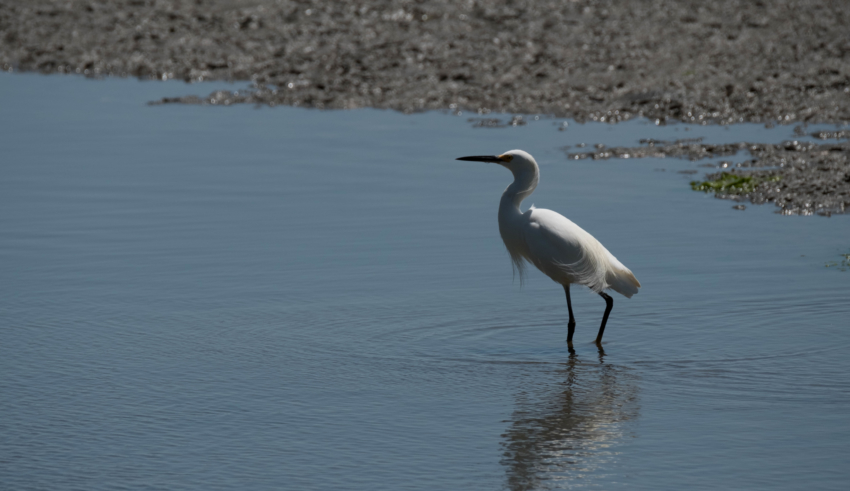
In this land, we must make a choice regarding which alternative perspective and which truth will serve as the foundation for our actions in the world. Ultimately, this is an individual decision that requires a fair amount of epistemological courage. I turn for insight about this matter to one of my favorite quotations – from the American poet, Wallace Stevens: “The final belief is to believe in a fiction, which you know to be a fiction, there being nothing else. The exquisite truth is to know that it is a fiction and that you believe in it willingly.”
This quote concerns my own right to belief; it also concerns the individual rights of other people (whether residents of Delta or residents of our real world). We must respect the individual rights of other people in our community to make this choice. Our own choice might not be their choice. Our “fiction” might not be their “fiction” —and we can’t accuse other people of making an “arbitrary” or will-founded choice, when their choice and our own choice are both “exquisite truths.” As Richard Rorty proposes. we must engage those people and beliefs that are ‘unfamiliar.”
I once again face Hard Irony. Are all truths exquisite and how do I discover my own exquisite truth midstmany (often “unfamiliar”) voices declaring the “true truth”? As my colleague, Walt Anderson (1995), implies in the title of his compendium of postmodern thought: “what is the truth about truth”? Where do we find our epistemological courage? How do we determine which optional path of action to take, given that many options are available in a land of diversity – such as we find in Delta? Those dwelling in Delta might have provided an answer. We might find the courage and wisdom of choice through the collaborative dialogue that seems to pervade life at the Polis and elsewhere in Delta. This is about collective responsibility.
The motto of life in Delta might be: “how do we together discover the best path forward?” It might not be a matter of holding tight to an internal locus of control and declaring that my truth is more exquisite than yours, or that I can go my own merry way without conferring with other members of my community. It seems that an external locus of control must be added to the mix of my epistemological deliberations. I must listen to other people and I must, in turn, think about (and act based on) the premise of influencing other people and being influenced by other people, rather than controlling their behavior or allowing them to control my own behavior. Hopefully, George Lodge would applaud my new insights and encourage me to learn from life in Delta.
Download Article 1K Club
















